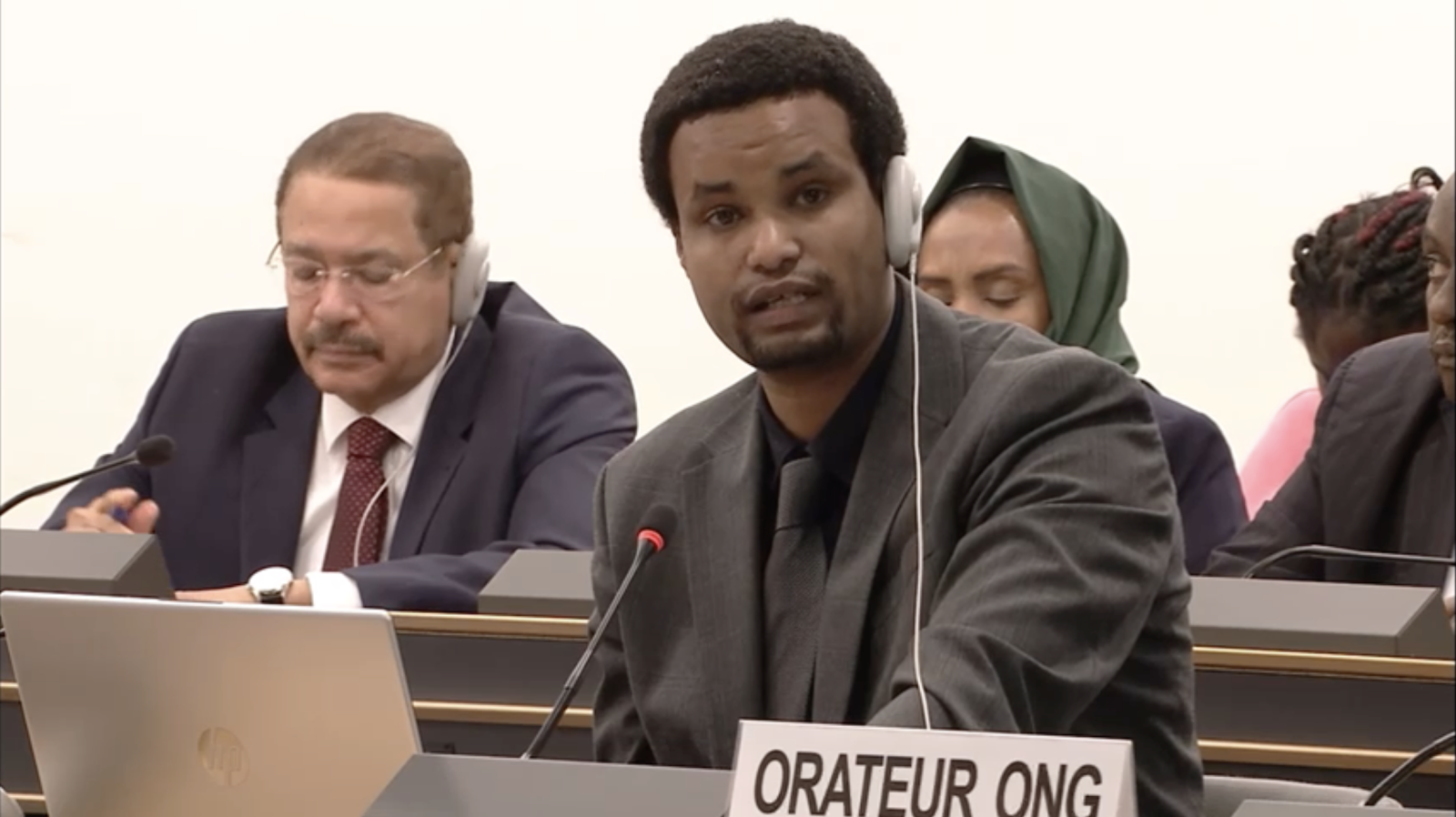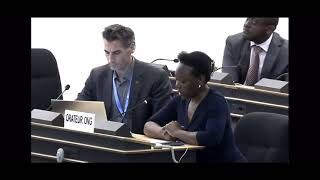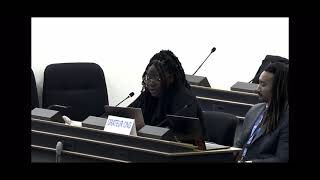The 60th Session of the Human Rights Council
8th September to 8th October 2025
Item 9: Interactive Dialogue with the Working Group on People of African Descent
(1 October 2025)
Written Statement Submitted by Geneva International Centre for Justice
Delivered by Jamel Nampijja
Thank you vice, president.
We thank the Working Group for their report.
Its findings reaffirm a truth that has long been recognised but often denied: the impact of colonialism, the transatlantic slave trade, and the resulting legacies of these injustices are still evident today in systemic racism, economic marginalisation, environmental injustice, and ongoing Afrophobia.
Countries profited and continue to profit from the crimes of slavery and colonialism. Former colonial powers have largely evaded responsibility. Words of regret without concrete reparations only perpetuate impunity.
The time for symbolic gestures has passed: reparatory justice is not optional; true justice demands comprehensive measures essential to truth, dignity, and equality for people of African descent everywhere.
Reparations are not acts of charity or mere development aid; they represent a legal and moral obligation for States and institutions that committed and profited from these crimes. Reparatory justice must include compensation for centuries of exploitation, restitution of stolen lands and cultural heritage, public acknowledgement of responsibility and guarantees of non-repetition.
EAFORD and the Geneva International Centre for Justice support the Working Group's call for the United Nations to recognise reparations for enslavement and colonialism as a standard of international law.
We urge the UN and Member States to establish mechanisms to deliver reparations that are transparent, inclusive, and ensure the meaningful participation of people of African descent, particularly women and youth.
Thank you.








